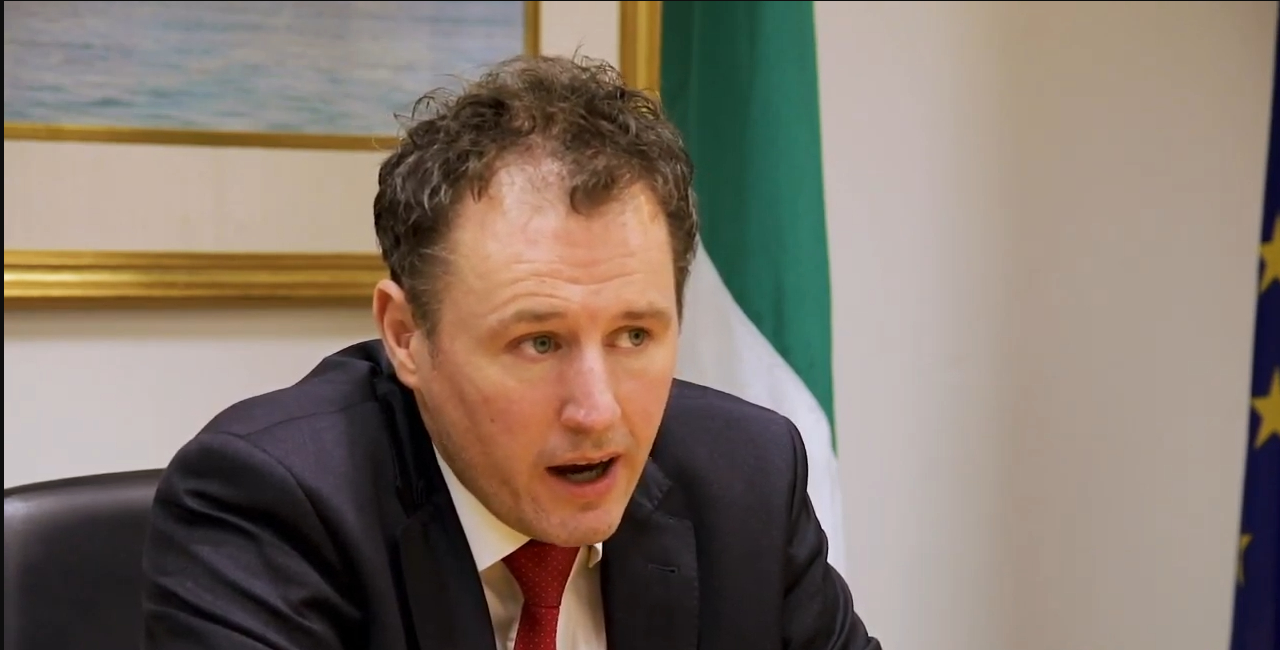The Irish Cattle and Sheep Farmers’ Association (ICSA) said there was “uproar” at its national executive meeting this week due to the “disingenuous consultation process” around the next Common Agricultural Policy (CAP).
In a statement, president of the ICSA, Dermot Kelleher said there is a lot of anger caused by the lack of genuine consultation with farming organisations around CAP.
“As a result, what we are witnessing is a CAP reform by decree,” he said.
He maintains that farmers have not been listened to, adding that the agriculture minister, Charlie McConalogue’s mart tour has “fooled nobody”.
The cornerstone of ICSA’s proposal is to avail of the option not to utilise Complementary Redistributive Income Support for Sustainability (CRISS), the president said.
He explained:
“We have shown that the CRISS method of redistributive income support does not work in an Irish context. It fails in its stated objective of redistributing funds to those who need it the most, or those who are contributing most to the CAP objectives.
He said a far better solution is to use those funds to deliver coupled payments on suckler cows and breeding ewes.
“It is in the minister’s remit to do this. He does not have to implement CRISS.”
The ICSA said it has demonstrated how a €300/head suckler payment is possible and how a €35/head ewe payment is possible – through a combination of a coupled payment and payments from the suckler and sheep schemes.
“This proposal provides a workable mechanism that succeeds in directing payments towards the lower-income sectors in a way that CRISS does not.”
“For the beef sector, a Beef Carbon Efficiency Programme, as outlined in our CAP proposals, makes total sense.
“We have proposed a CAP payment of up to €100/head for prime beef finished earlier.
“The minister himself is talking about reducing the age of slaughter but he has no comprehensive plan about how to achieve that. He is mistaken if he thinks that a factory bonus would be an acceptable reward for this measure.
“Reducing the average slaughter age has the potential to achieve a significant environmental benefit, but it requires the support of a significant CAP payment.”
The ICSA described the proposed eco schemes as “totally unworkable” and proposals on stocking rate and fertiliser usage as “too severe”.
The ICSA said it will meet officials from the Department of Agriculture, Food and the Marine in the coming days to try to find a workable solution on the eco scheme.
The president said that the ICSA’s plan is a “realistic way of keeping all sectors viable given the budgetary constraints”.
“Our plan benefits the more than 100,000 lower-income suckler, beef, sheep, and tillage farmers.
“It also benefits the more profitable 18,000 dairy farmers we have by protecting the more vulnerable sectors they rely on so heavily.”
